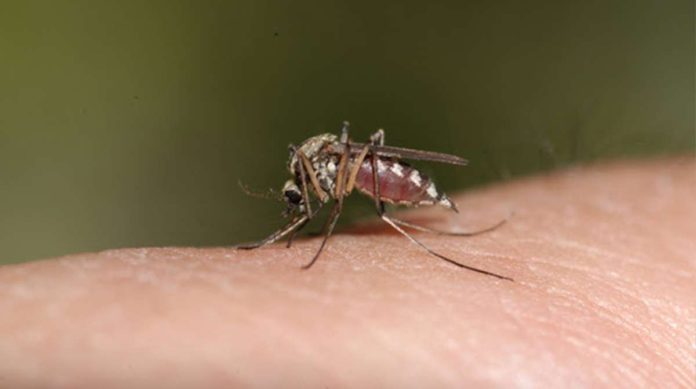
BY GEROME DALIPE IV
ILOILO City – The prevalence of dengue cases in this metropolis remains a serious public health concern, especially with the recent addition of 39 new cases reported by the City Health Office (CHO) as of September 5.
This prompted city and health officials to call for continued vigilance and enhanced efforts to mitigate the spread of the virus.
Health authorities also emphasized the importance of preventive measures such as eliminating mosquito breeding sites, using insect repellent, and ensuring that the community is aware of dengue symptoms.
The public has also been asked to practice measures like community clean-ups, targeted fumigation, and public awareness campaigns, which are crucial in controlling the mosquito population and reducing the risk of further infections.
The latest data from the CHO also shows a total of 1,166 dengue cases in Iloilo City, with six reported deaths. Out of these, 43 cases are currently active, and 1,117 patients have recovered.
About 62 barangays are experiencing clustering of dengue cases, indicating multiple instances of the disease within these areas. Furthermore, two villages have been identified as dengue hot spots, suggesting a more concentrated and severe outbreak in these locations. This clustering and the presence of hot spots indicate a heightened risk of transmission, requiring targeted interventions.
During their regular session on Aug. 28, the city councilors unanimously approved the City Disaster Risk Reduction and Management Council (CDRRMC) resolution declaring a state of calamity in this city due to the dengue outbreak.
With the declaration of a state of calamity, the city council also approved the utilization of a P7.04-million calamity fund to enable the implementation of intensified advocacy and response measures.
The Health and Sanitation Cluster also formulated an outbreak response plan to curb the spread of the outbreak, which includes advocacy, surveillance, immunization activities, proper treatment, and management and procurement of medicines and other commodities.
City health officials reiterated that prevention and response measures and strategies should focus on regular and simultaneous cleanup to eliminate breeding places of mosquitoes starting from homes to the community.
Doctors also advised the public to get early medical checkups for two days when a fever occurs to get free tests for dengue at district health centers. Health officials also encourage using protective clothing and repellants for added self-protection.
The City Health Office has set up two hydration units at La Paz Health Center for the management of cases. CHO is also conducting misting operations in public schools, public places, and hotspots.
The 30-bed capacity hydration units are crucial in providing immediate care, particularly for those experiencing severe dehydration, a common complication of dengue fever.
These units will also operate 24 hours to ensure that patients receive timely and adequate fluid replacement therapy vital in managing dengue./PN



